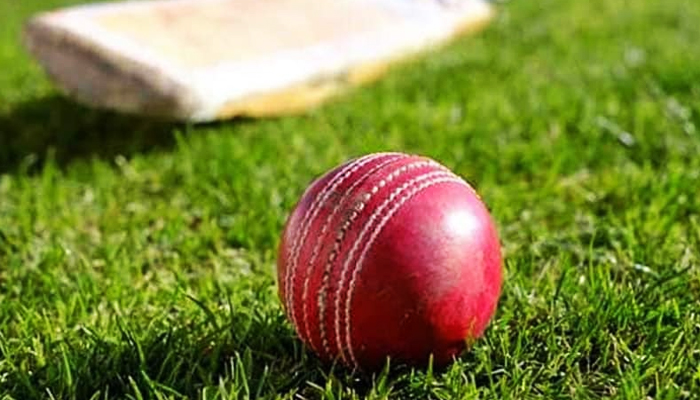Trans women barred from international women’s cricket
Canada’s Danielle McGahey, in September, became the first transgender cricketer to take part in an official international match

The International Cricket Council (ICC) Tuesday announced new regulations under which transgender women, who have been through male puberty, have been banned from international women’s cricket.
Canada’s Danielle McGahey, in September, became the first transgender cricketer to take part in an official international match.
The ICC stated that these fresh rules, effective immediately, would undergo review within two years. The governing body highlighted that this policy, developed over a nine-month consultation, prioritises the “integrity of the women’s game, safety, fairness, and inclusion”.
“The changes to the gender eligibility regulations resulted from an extensive consultation process and is founded in science and aligned with the core principles developed during the review,” ICC chief executive Geoff Allardice said.
He added: “Inclusivity is incredibly important to us as a sport, but our priority was to protect the integrity of the international women’s game and the safety of players.”
In domestic cricket, each board will handle gender eligibility individually.
At present, following guidance from the England and Wales Cricket Board, trans women aiming for elite female-only competitions need to seek written approval. Their evidence is then examined case by case.
In other sports, there have been notable decisions. In June 2022, Fina, the governing body for swimming, voted against allowing transgender athletes who have experienced any part of male puberty to compete in elite women’s races.
Sharron Davies, a former Great Britain swimmer who opposes transgender participation in elite women’s swimming, expressed her support for Fina’s decision to BBC Sports.
However, Olympic diving champion Tom Daley expressed his strong discontent with the decision, stating he was “furious”.
Around the same time, cycling’s governing body, the UCI, tightened its regulations on transgender eligibility by extending the waiting period before a transitioning rider from male to female can enter competitions.
Then, in July 2022, both the Rugby Football League and the Rugby Football Union banned transgender women from participating in female-only versions of their games.

